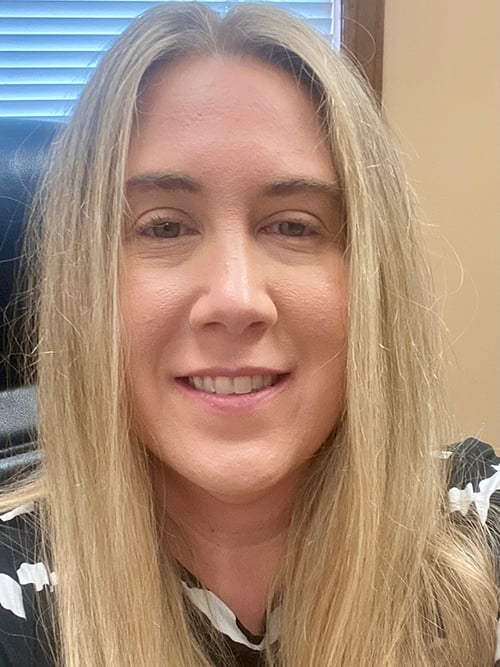After the lengthy and severe tochacha in last week’s parsha, our parsha begins with Moshe telling the people, “You are standing today, all of you, before Hashem, your God: the heads of your tribes, your elders and your officers—all the men of Israel; your small children, your women and your proselyte who is in the midst of your camp, from the hewer of your wood to the drawer of your water.”
What is Moshe intending to say here? Rashi based on the midrash explains that after Bnei Yisrael heard the curses and punishments in the tochacha, their faces became pale, and they said, “Who can withstand all these?” Thus, Moshe began to appease and console them, saying, “You are standing today”—meaning, “Although you have caused much anger to Hashem, nevertheless he has not obliterated you, as behold, you exist before him.”
At this point, Moshe is near the very end of his life, and we see that Moshe is consoling the frightened people, giving his attention and care to addressing and helping their intense worries and fears.
We see a similar behavior demonstrated by Moshe also in the next parsha of Vayelech. The parsha begins, “And Moshe went … ” Where did Moshe go? The Ibn Ezra explains that Moshe went to inform the people that he will soon pass on, so that they shouldn’t become frightened and fearful. The pesukim that follow state what Moshe related to them: “I am 120 years old today; I can no longer go out and come in, for Hashem has said to me, ‘You shall not cross this Jordan.’ Hashem, your God—He will cross before you; He will destroy these nations from before you; and you shall possess them; Yehoshua—he shall cross over before you … Hashem will do to them as He did to Sihon and Og … and their land, which He destroyed, and Hashem will deliver them before you … be strong and courageous, do not be afraid and do not be broken before them, for Hashem, your God—it is He Who goes before you, He will not release you nor will He forsake you.”
We see how far Moshe “went”—not only by initiating to go meet with Bnei Yisrael, but also to give them a lengthy pep talk of sorts—reassuring them and providing encouragement. Moshe was addressing and trying to resolve their potential fears. As the Ramban explains, Moshe was intending to console them regarding his situation (i.e., that they were to be left without him); that they should not feel dread and fear, for even though he is leaving them, they will not be left alone, as Hashem will cross over (to Canaan) with them, and He will not remove His presence from them; and even though he—Moshe—will no longer be with them, Yehoshua will take his place (as leader). We see the efforts Moshe made—in his final moments—to address and help ease the people’s potential fears.
We could learn from here how great of an act it could be to help people with their worries or fears. Rav Yisrael Salanter demonstrated such care as well. Ill and close to his passing, he was given an attendant to serve him with any needs he may have. On the last day of his life, when Rav Yisrael felt his end near, he suddenly struck up a discussion and began talking to his attendant, telling him how people have this fear of being alone with a dead body, and that really this fear is sheer folly and that this fear is for nothing since a dead body can’t hurt them at all. Shortly after, Rav Yisrael passed away, and this person—now left alone with his body—realized what Rav Yisrael was intending to accomplish in his last moments—this talk was in order to ease a potential fear he might experience. This is what Rav Yisrael was concerned with in his dying moments.
This conduct and concern that both Moshe Rabbeinu and Rav Yisrael display, reveals to us how beneficial and important it could be to help others work through their worries and fears
Binyamin is a graduate of Yeshivas Rabbeinu Yitzchok Elchanan and of Wurzweiler School of Social Work.













